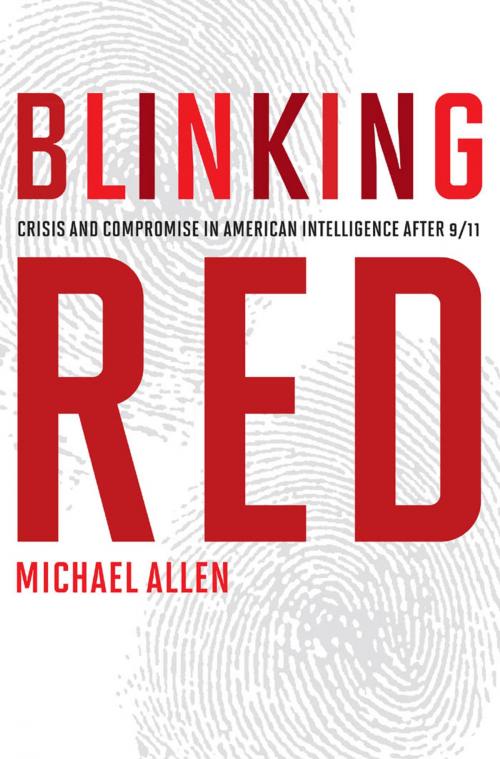Blinking Red
Crisis and Compromise in American Intelligence after 9/11
Nonfiction, Social & Cultural Studies, Political Science, International, International Security| Author: | Michael Allen | ISBN: | 9781612346168 |
| Publisher: | Potomac Books Inc. | Publication: | September 30, 2013 |
| Imprint: | Language: | English |
| Author: | Michael Allen |
| ISBN: | 9781612346168 |
| Publisher: | Potomac Books Inc. |
| Publication: | September 30, 2013 |
| Imprint: | |
| Language: | English |
After the September 11 attacks, the 9/11 Commission argued that the United States needed a powerful leader, a spymaster, to forge the scattered intelligence bureaucracies into a singular enterprise to vanquish AmericaÆs new enemiesùstateless international terrorists. In the midst of the 2004 presidential election, Congress and the president remade the postûWorld War II national security infrastructure in less than five months, creating the Office of the Director of National Intelligence (DNI) and a National Counterterrorism Center (NCTC).
Blinking Red illuminates the complicated history of the bureaucratic efforts to reform AmericaÆs national security after the intelligence failures of 9/11 and IraqÆs missing weapons of mass destruction, explaining how the NSC and Congress shaped the U.S. response to the 9/11 attacks. Michael Allen asserts that the process of creating the DNI position and the NCTC is a case study in power politics and institutional reform. By bringing to light the legislative transactions and political wrangling during the reform of the intelligence community, Allen helps us understand why the effectiveness of these institutional changes is still in question.
After the September 11 attacks, the 9/11 Commission argued that the United States needed a powerful leader, a spymaster, to forge the scattered intelligence bureaucracies into a singular enterprise to vanquish AmericaÆs new enemiesùstateless international terrorists. In the midst of the 2004 presidential election, Congress and the president remade the postûWorld War II national security infrastructure in less than five months, creating the Office of the Director of National Intelligence (DNI) and a National Counterterrorism Center (NCTC).
Blinking Red illuminates the complicated history of the bureaucratic efforts to reform AmericaÆs national security after the intelligence failures of 9/11 and IraqÆs missing weapons of mass destruction, explaining how the NSC and Congress shaped the U.S. response to the 9/11 attacks. Michael Allen asserts that the process of creating the DNI position and the NCTC is a case study in power politics and institutional reform. By bringing to light the legislative transactions and political wrangling during the reform of the intelligence community, Allen helps us understand why the effectiveness of these institutional changes is still in question.















